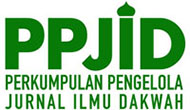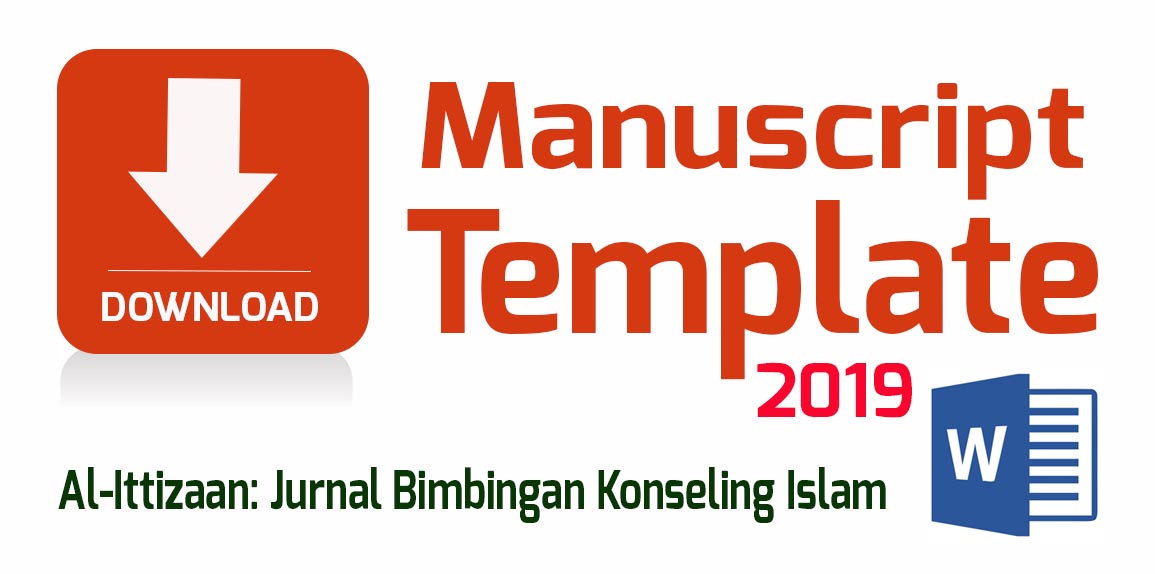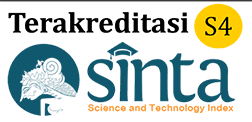The Relationship Between Self-Esteem and Achievement from the Perspective of Islamic Counseling: A Literature Analysis of 2024
Abstract
Keywords
Full Text:
PDFReferences
Auliasuri, D., Kusnawan, A., & Mujib, A. (2024). Individual counseling with role reversal techniques to address sibling rivalry. Islamic Counseling Journal, 5(2), 96–105.
Damayanti, D., Fillah, U. N., Sari, E. E., & Amani, S. F. (2024). The role of parental support, emotional intelligence, and self-esteem in career decision-making self-efficacy. Taujihat: Islamic Counseling Journal, 5(1), 1–17.
Haryanto, S., Mawaddah, N., Rahman, R., Fatmawati, F., & Octafiona, E. (2024). Analysis of Islamic counseling and learning motivation: Keys to successful academic achievement. Journal of Education Research, 5(2), 2091–2102.
Hawa, S. (2024). The cooperation of parents and teachers in learning achievement. Journal of Learning Motivation, 3(4), 123–130.
Hidayatullah, A. A., & Khoirudin, M. A. R. (2024). The influence of millennial parental participation on children's learning motivation. PGMI: Journal of Islamic Primary Education Teachers, 2(2), 75–81.
Ilahiya, N. F., Arifin, I. Z., & Tajiri, H. (2024). The presence of Islamic counseling to address domestic violence. Journal of Current Research in Education, Psychology, and Language, 1(1), 27–34.
Munajat, D., Kusnawan, A., & Mujib, A. (2024). Islamic counseling for strengthening mental resilience. Prophetic: Islamic Counseling Journal, 7(1), 96–105.
Pratiwi, H. T., Kusuma, M., & Shobabiya, M. (2024). Implementation of Islamic counseling to improve students' mental health. Indonesian Journal of Educational Research, 1(2), 411–418.
Rahmadani, H. N. L., Siti, S. R., & Rifani, E. (2024). Cognitive behavioral therapy to address internet addiction among adolescents. Jurnal Konseling Islam, 7(2), 18–25.
Rahmawati, R. K. N., Fillah, U. N., & Sari, E. E. (2024). Trauma and rehabilitation: The role of Islamic counseling. Cognitive Education Journal, 2(1), 38–45.
DOI: http://dx.doi.org/10.24014/ittizaan.v7i2.34262
Refbacks
- There are currently no refbacks.
Copyright (c) 2024 Al-Ittizaan: Jurnal Bimbingan Konseling Islam

This work is licensed under a Creative Commons Attribution 4.0 International License.
 Indexed By:
Indexed By:
Al-Ittizaan Journal is licensed under a Creative Commons Attribution 4.0 International License.








.png)


